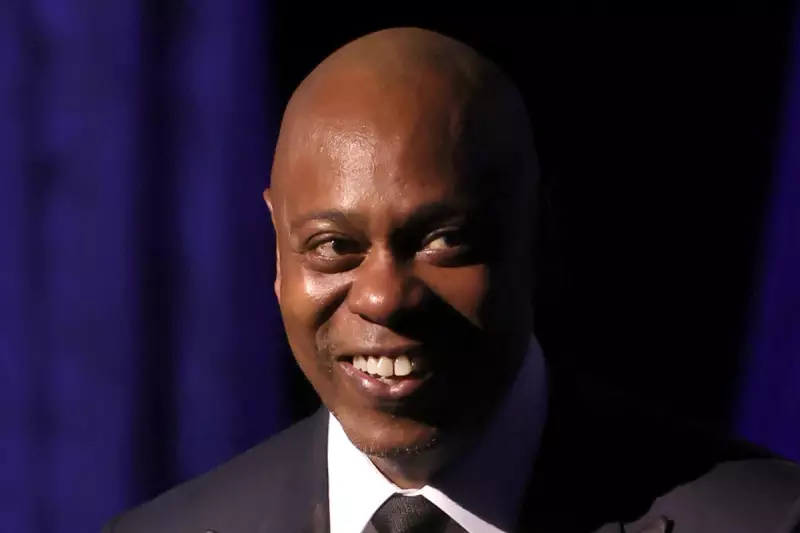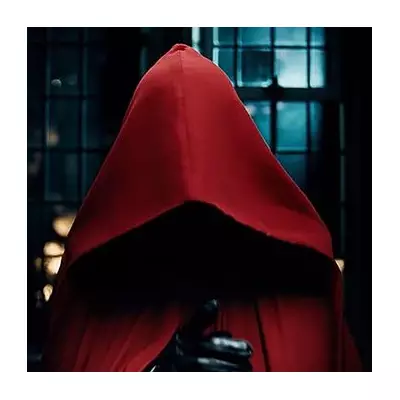
In a performance that balanced humour with political commentary, acclaimed American comedian Dave Chappelle made a striking statement about free expression during his recent show in Saudi Arabia. The controversial entertainer, known for pushing boundaries, directly addressed the tension between artistic freedom and operating within one of the world's most restrictive regimes.
Defending Expression in Restrictive Territory
During his set in the kingdom, Chappelle didn't shy away from the elephant in the room. The comedian, who has faced significant backlash in the West for his material about transgender people, turned his attention to broader censorship issues. "They say in America I'm too dangerous to say what I want to say," Chappelle told the audience. "But the Saudis flew me over and gave me a platform."
The performance occurred against a complex political backdrop, with Saudi Arabia attempting to position itself as an emerging entertainment destination while maintaining strict controls over speech and expression.
Between Western Criticism and Eastern Opportunity
Chappelle's Saudi Arabia booking represents a fascinating development in global entertainment politics. While facing condemnation from LGBTQ+ groups and others in Western nations for his controversial material, the comedian found an unexpected platform in a country where such topics would typically be off-limits.
The performance highlights the complicated relationship between artistic expression, cultural differences, and geopolitical considerations in today's interconnected entertainment landscape.
Broader Implications for Artistic Freedom
Chappelle's comments and decision to perform in Saudi Arabia raise important questions about where artists can and should express controversial views. His statement that "free speech is the ability to say things that people don't want to hear" takes on different dimensions when delivered in a nation ranked among the worst for press freedom and expression rights.
The event also underscores Saudi Arabia's ongoing efforts to rebrand itself through entertainment tourism, despite maintaining strict social controls that conflict with Western notions of artistic liberty.





